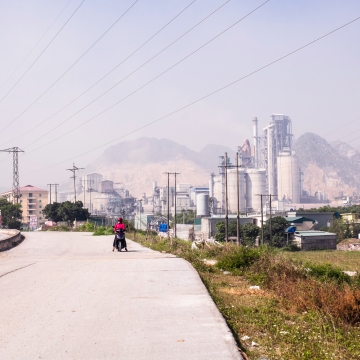Environmental policy instruments and corruption
In this paper we discuss the choice of taxation or regulation of environmental externalities. The subject might appear to be a well-trodden path, but we believe we have a new angle on this well-established question. We think we are being quite realistic when we assume that corrupt practices lurk behind every corner, threatening to derail the good intents of any regulator.






